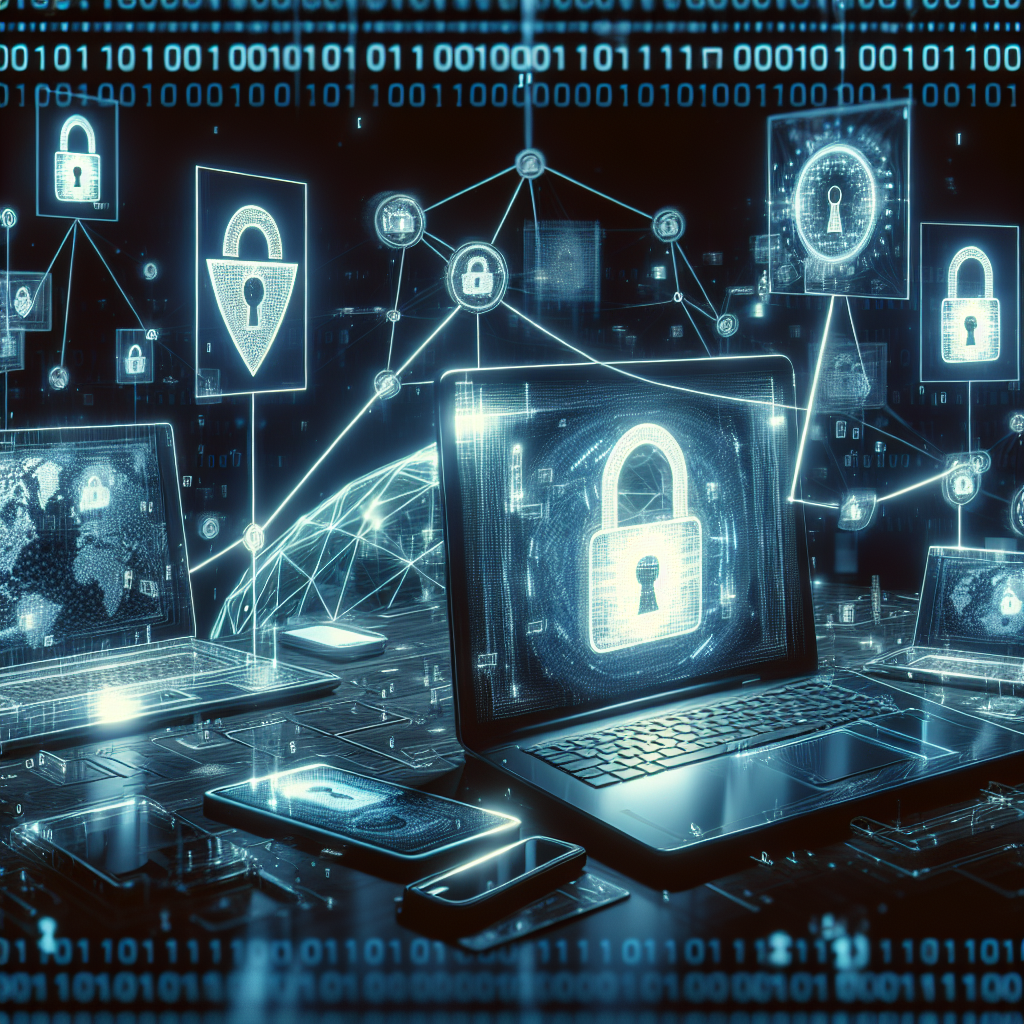Introduction to VPNs
In today's digital age, safeguarding your online privacy is more important than ever. A Virtual Private Network (VPN) is a vital tool that can help you protect your personal information from prying eyes.
What is a VPN?
A VPN, or Virtual Private Network, is a service that encrypts your internet connection and hides your IP address, ensuring that your online activities remain private and secure.
How Does a VPN Work?
- Encryption: VPNs use advanced encryption protocols to secure your data, making it unreadable to anyone who might intercept it.
- IP Masking: By routing your internet traffic through a VPN server, your real IP address is replaced with that of the server, masking your true location and identity.
Benefits of Using a VPN
Enhanced Security
VPNs protect your data from hackers and cybercriminals, especially when using public Wi-Fi networks.
Improved Privacy
By masking your IP address and encrypting your data, a VPN ensures that your online activities are not tracked by third parties, such as advertisers or governmental agencies.
Access to Geo-Restricted Content
VPNs allow you to access websites and services that may be restricted in your region by connecting to servers located in different countries.
Choosing the Right VPN
Security Features
Look for VPNs with strong encryption, a no-logs policy, and features like a kill switch to ensure maximum security.
Server Locations
The more server locations a VPN provider offers, the greater your ability to bypass geo-restrictions and maintain fast connection speeds.
Ease of Use
Opt for VPNs with user-friendly interfaces and good customer support to make the setup and usage as seamless as possible.
Conclusion
Incorporating a VPN into your online routine is a straightforward yet powerful way to protect your privacy and enhance your security. By understanding what a VPN is and what it offers, you can make an informed decision and choose the best service for your needs.

